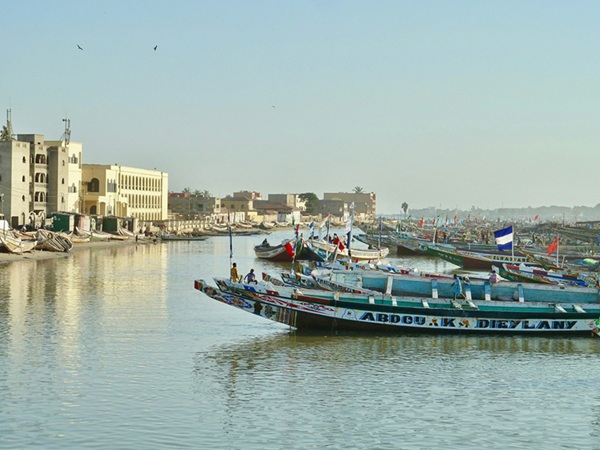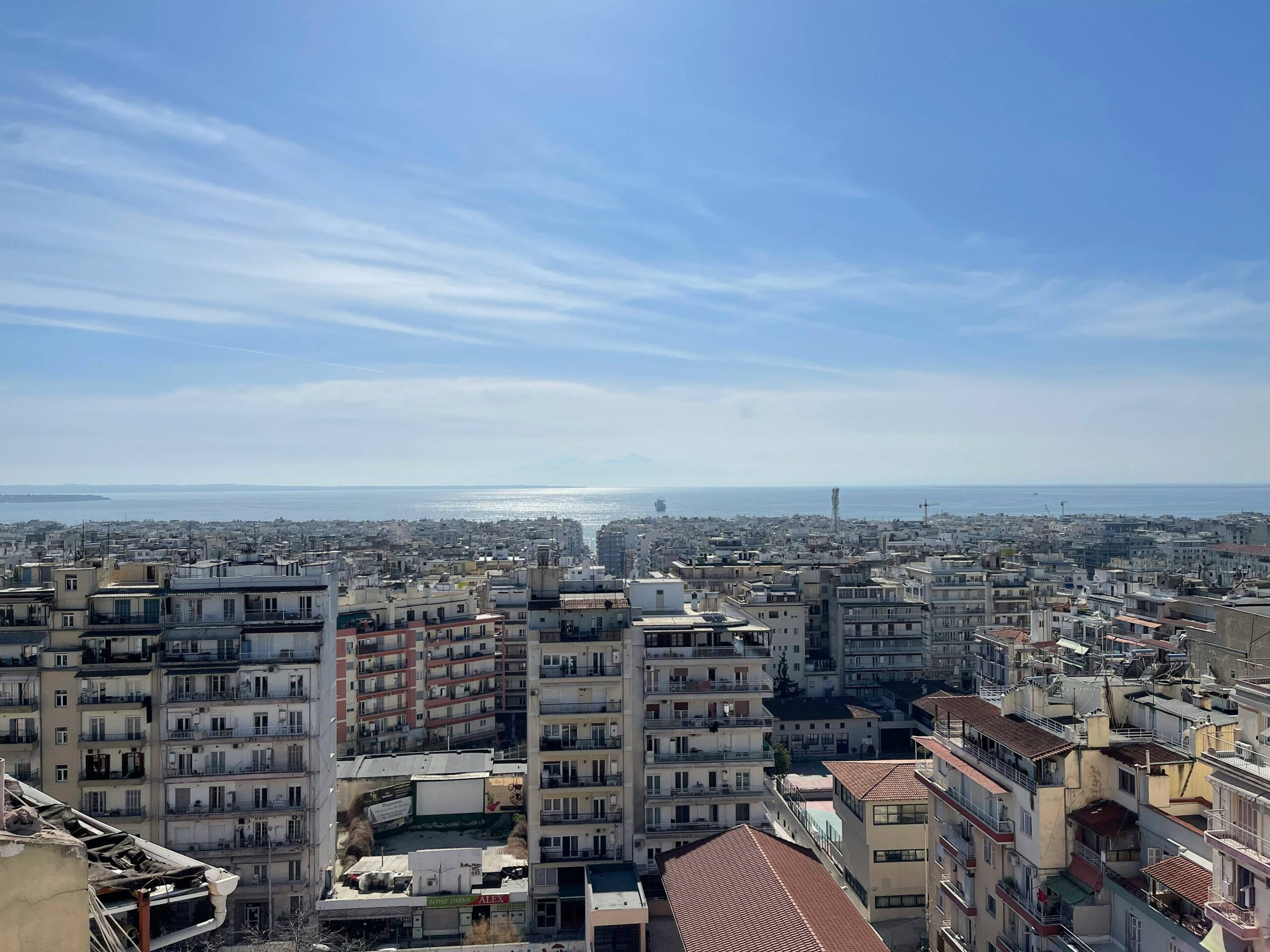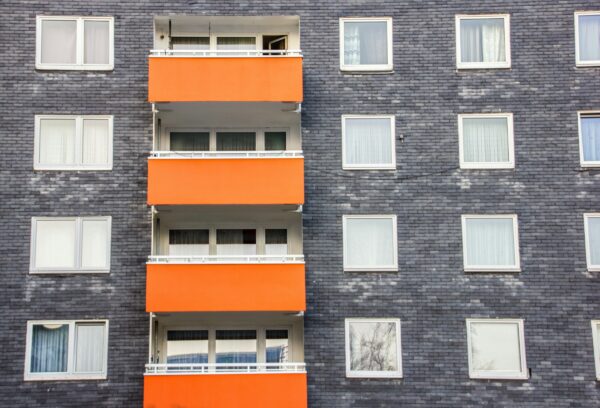
Breaking barriers: Understanding & overcoming migrants’ housing discrimination in Europe
Turin case study
For people with a migratory background, decent and affordable housing is an increasing challenge, especially in Southern Europe. While Italy is amongst the main countries of first entry into the #EU for migrants reaching Europe, securing housing has become a major concern for them.
This study focuses on the experiences of people with a migratory background originally from Africa, Asia and Europe regarding access to decent and affordable housing in Turin. It examines the channels used to look for housing, the main obstacles faced, and the resilience strategies adopted to overcome such challenges.
The study is based on desk research, quantitative data from 300 surveys, qualitative data from four focus group discussions (FGDs) and ten key informant interviews (KII).
This research is part of the project “Understanding and combatting intersectional discrimination in housing for people with a migratory background” (the Come HoMe project), aiming at promoting equality in cities, with a focus on access to housing. The Come HoMe project is implemented by a consortium of five partner organizations: Danish Refugee Council Italia (DRC Italy); Fondazione Impact Housing (FIH); Major Development Agency Thessaloniki (MDAT); Solidarity and Overseas Service Malta (SOS Malta); and the Mixed Migration Centre (MMC). The project is funded by the EU Citizens, Equality, Rights and Values (CERV) Programme. It covers three locations: Turin (Italy), Thessaloniki (Greece) and the island of Malta (Malta). Research in the three locations has been conducted using the same methodology and tools to ensure full standardization between datasets, allowing for potential consolidation and comparability across cities/locations.
Read the Thessaloniki case study here (in English).
Read the Thessaloniki case study here (in Greek).
Read the Malta case study here (in English).
Read the Synthesis report here (in English).
Download in English Scaricare in Italiano




